Tryptophan: Everything You Need to Know About this Amino Acid
So, tryptophan is an amino acid that is needed for many of the body’s processes and functions including regulating a person’s state of health, their condition, sleep. What makes it more delicate is the fact that most of us also do not know what tryptophan is as well as the benefits it provides and how one can get enough of it in their nutrition. So, to enhance the understanding, today’s post discusses the basics of what tryptophan is, its benefits and how much tryptophan does a person need in a day.
Tryptophan – What Is It?
Due to tryptophan being one of the nine amino acids deemed as essential for the body, this amino acid cannot be self-synthesized and thus it must be part of the diet. Tryptophan is a building block in the synthesis of several important compounds including serotonin, a neurotransmitter involved in the regulation of mood, appetite, and sleep, and melatonin, which helps control the body’s circadian rhythms.
Benefits of Tryptophan for Health
Better Mood
Tryptophan is quite a prominent hormone as it is also associated with mood that explains its correlation of serotonin production to tryptophan. Low levels of serotonin are commonly associated with depression and anxiety and even affect one’s moods. This implies that it should become easier to increase emotional health and strength owing to the increase in the activity of serotonin and tryptophan.
Enhanced Quality of Sleep
Due to its part in the melatonin biosynthesis process, tryptophan has a major role in sleep maintenance. Melatonin regulates the internal biological clock, allowing for sleep while lessening the chances of insomnia.
Function of the Brain
Tryptophan-derived serotonin plays a role in cognitive activities including recollecting and acquisition of knowledge. It is possible that adequate consumption of tryptophan can assist in concentrating or being alert.
Immunity Support
Tryptophan aids in the formation of kynurenines that modulate the immune system. Consequently, this could improve immune responses or health in general.
Stress Relief
A sufficient amount of tryptophan leads to high levels of serotonin that helps to detract stress reactions, therefore calming the mind and body.
Appetite Regulation
Tryptophan was found to improve appetite control. It also helps manage intake by increasing serotonin levels that associate with satiety.
Sources of Tryptophan Food
Tryptophan is an essential amino acid so in order to have adequate amounts, it is critical to consume food containing the amino acid. Below are some of the best sources of food with tryptophan.
Animal Sources
- Turkey: Mostly regarded as tryptophan-containing food, turkey is still regarded as one of the top sources.
- Chicken: It is yet another effective source to raise the quantity of tryptophan.
- Eggs: Eggs are not just abundant in this amino acid but they are also easy to cook and are highly versatile.
- Dairy Products: Think about having milk, cheese, and yogurt. They can be effective sources.
- Fish: Salmon and tuna have decent amounts of tryptophan.
Plant Sources
- Nuts and Seeds: Such sources as almonds, sunflower, and pumpkin seeds contain a high level of tryptophan.
- Legumes: Lentils, chickpeas, and soybeans are types of legumes that may help fulfill your need for the amino acid tryptophan.
- Whole Grains: Tryptophan can be found in oats and quinoa as well as other nutrients.
- Fruits: Tryptophan is also found in bananas and pineapples and could help you.
How to Improve Tryptophan Absorption
Tryptophan-rich foods together with carbohydrates should increase their absorption, because carbohydrates cause a rise in insulin which clears extra amino acids from the bloodstream thus enabling tryptophan to penetrate the blood-brain barrier.
Example Meals:
- A sandwich of turkey in whole-grain bread.
- Oatmeal with almond nuts and bananas on top.
- Grilled salmon garnished with quinoa and roasted vegetables.
Tryptophan Supplements: Do You Require Them?
Supplements are available for those who do not meet the required levels of tryptophan through diet alone. Tryptophan supplements are most frequently taken to relieve mood disruptions, manage stress, and promote better sleep. But these drugs should be protected, because side effects can occur, such as nausea, dizziness, and in rare cases, persistent headaches due to tryptophan overdose.
Common Myths About Tryptophan
Myth 1: Turkey Makes People Drowsy Because It Contains Tryptophan
Yes, turkey contains tryptophan, but the drowsiness after Thanksgiving dinner is usually exacerbated by the multitude of food types within the set, particularly carbohydrates and lipids that tend to slow one down.
Myth 2: Taking a Higher Amount of Tryptophan Will Deliver Better Returns
Too much of anything is bad. Too much consumption of tryptophan does not guarantee increased sleep quality or mood, but rather impacts them negatively.
Who Needs to Consider Taking Tryptophan?
- People with Insomnia: Tryptophan is helpful for sleep due to its effect on melatonin production.
- Individuals with Mood Disorders: Those who lack serotonin may be helped by dietary supplementation of tryptophan.
- Sportspersons: It helps in repairing muscle damage after exercise.
- People on a Vegan or Vegetarian Diet: Legumes, nuts, and seeds are good sources of this amino acid for vegans and vegetarians.
Conclusion: Final Measures to Address Incorporating Tryptophan into Your Meals
- Have a mix of foods that contain carbs so there is some balance with the foods that contain tryptophan.
- Throughout the day, drink water with a few nuts and seeds.
- To sleep better, make sure the evening meal contains tryptophan.
- Drink water and have a balanced diet to improve your metabolism of amino acids.
Conclusion
Tryptophan is a mighty amino acid that aids in mood control, sleep improvement, enhances immunity, etc. You can achieve and maintain good health by including tryptophan foods in your routine. Adequate tryptophan consumption through food or supplements works as a positive facilitator to a happier and healthier lifestyle.
Make it a priority to eat foods rich in tryptophan and feel the difference in your health!
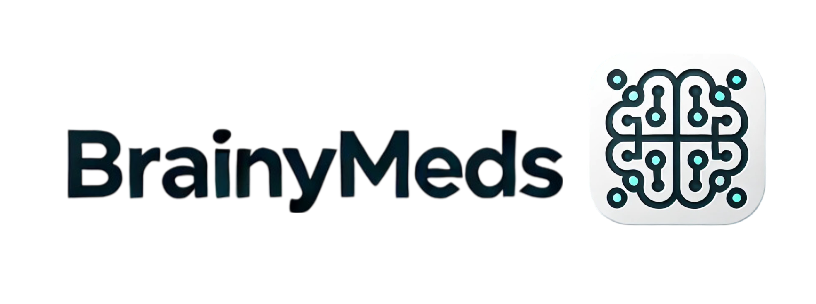
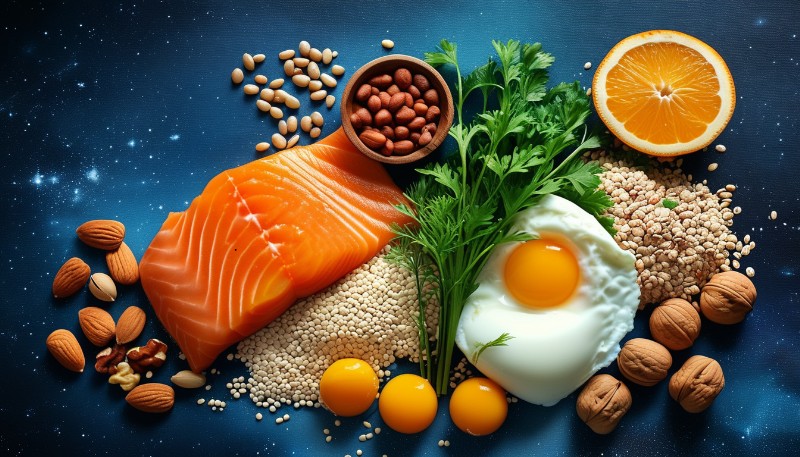




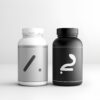

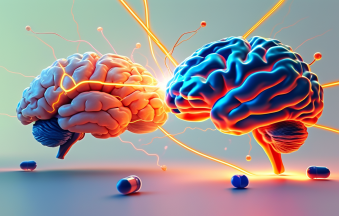
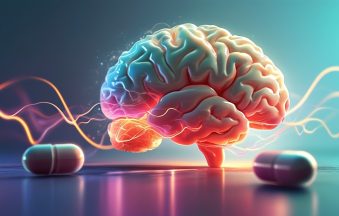

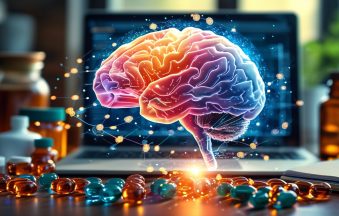
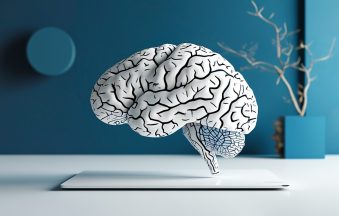
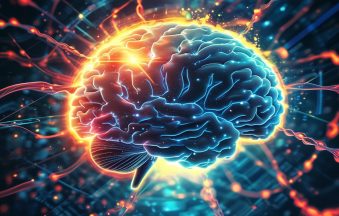
Add comment